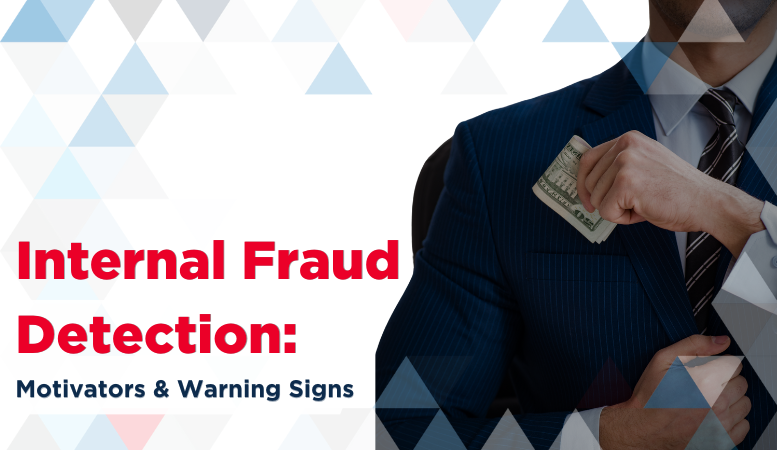In recent years, the Nigerian banking sector has experienced an unsettling surge in internal fraud cases. Once considered a secure space for safeguarding wealth, several Nigerian banks are now under scrutiny as customers allege malpractice, financial exploitation, and widespread negligence. This erosion of trust, fueled by repeated instances of unaccounted transactions and unauthorized deductions, has left thousands of Nigerians wondering if their hard-earned money is safe in the hands of their banks.
One of the most high-profile cases of recent times involves Zenith Bank, a major player in Nigeria’s financial sector. Allegations against Zenith have ranged from mishandling funds to defrauding shareholders. These accusations have escalated to the highest levels, with directors of the bank reportedly under fire for potentially mishandling billions in shareholder funds. Zenith Bank, once a paragon of financial reliability, now faces a public relations crisis as customers openly express frustration and distrust on social media platforms like Twitter.
The Voice of the Customers: Social Media Speaks Out
One significant development in this unfolding drama is the transparency of customer complaints on social media. Twitter has become a powerful platform for voicing dissatisfaction, as customers tag the bank’s official handle, seeking explanations and resolutions. A simple scroll through Zenith Bank’s Twitter comment section reveals a long list of complaints about unauthorized deductions, account freezes without explanation, delayed reversals, and poor customer service.
For instance, one user recently tweeted: “@ZenithBank I’ve been waiting for a refund for weeks. How long are we supposed to endure this?” Another user lamented, “My account was debited three times in one month without my authorization. What’s happening?” These are not isolated incidents. Rather, they represent a broader narrative of financial insecurity that customers are grappling with across the sector. Other banks are not immune to similar accusations, but Zenith Bank’s visibility and size have placed it at the forefront of these controversies.
A Systemic Issue in Nigerian Banking
While Zenith Bank’s case has garnered a lot of attention, it highlights a systemic problem that has long plagued Nigerian banks. The internal fraud cases extend beyond individual institutions and reveal a deeper vulnerability within the industry. Fraud is perpetrated in various forms: unauthorized withdrawals, manipulated loan approvals, inflated account maintenance fees, and, in some cases, outright theft by employees with access to sensitive customer information. This problem not only affects customers but also damages the reputation of Nigeria’s financial institutions in both local and international markets.
SEE ALSO: Zenith Bank CEO Apologizes to Customers For The System Glitch
In one prominent case, a former banker was recently convicted for siphoning millions from customers through fictitious transactions. Investigations showed that the banker had manipulated customer accounts for years before being detected. The implications of such cases are profound. They highlight weaknesses in the internal control systems meant to prevent precisely these kinds of abuses, while also showcasing the limited recourse available to affected customers.
Regulatory Measures: Are They Enough?
The Central Bank of Nigeria (CBN) has issued several warnings, mandates, and fines to banks in efforts to curb internal fraud. Recently, the CBN introduced stricter controls on bank operations and mandated increased transparency. However, despite these measures, many customers continue to feel that banks are inadequately regulated and that existing penalties have not curbed unethical practices.

Some banking experts argue that more intensive audits and surprise checks could help, but without full accountability at all levels, fraudulent activities may persist. For instance, in Zenith Bank’s case, despite the high-profile nature of the accusations, many customers doubt whether true accountability will be achieved. After all, trust is harder to restore than it is to lose.
The Human Cost of Fraud
The impact of internal fraud goes beyond lost money; it has a psychological toll on customers who rely on these banks to safeguard their financial well-being. For many Nigerians, the funds lost to unauthorized deductions or unreturned debits represent significant portions of their income. When banks fail to provide transparent communication or swift resolutions, it places customers in a precarious financial position, making them feel powerless against the system.
Moreover, this breakdown of trust has broader implications. The negative experiences of customers with Nigerian banks can lead to a decline in local investment and a preference for international banking options, which may not be accessible to everyone. This financial insecurity further contributes to public distrust of institutions that are supposed to provide stability and security.
Restoring Faith in Nigerian Banks
SEE ALSO: Nigerian Banks Witness ₦21trn Surge in Deposits Amid Economic Challenges
For Nigerian banks to restore customer confidence, they must adopt a renewed commitment to transparency, accountability, and customer-centric policies. One recommendation from financial experts is that banks should establish independent oversight bodies to conduct regular, in-depth audits, especially on transactions involving customer accounts. Additionally, improved whistleblower protection policies could help encourage internal reporting of suspicious activities without fear of retaliation.
Zenith Bank and other institutions facing similar crises must go beyond surface-level measures. Meaningful reform will require a fundamental shift in how these banks handle customer complaints, resolve fraud claims, and communicate transparently with their clientele.
The Path Forward
The Nigerian banking sector faces a moment of reckoning. Customer complaints, once dismissed as isolated grievances, now form a compelling body of evidence that internal fraud is a significant problem. If Nigerian banks are to regain public trust, they must address these issues with urgency, consistency, and integrity. Only by prioritizing customer security and committing to ethical practices can Nigerian banks hope to restore the confidence of the people they serve. Until then, the voices on social media will continue to call for accountability, transparency, and, above all, justice.



